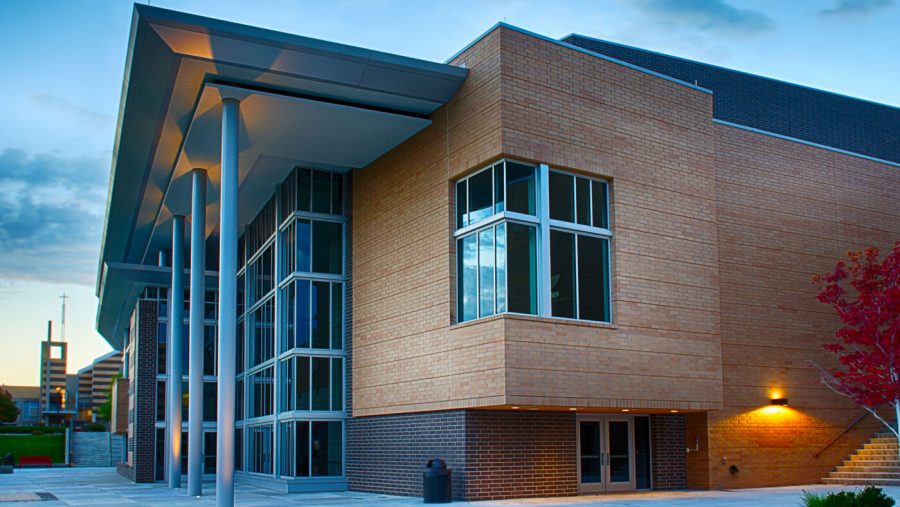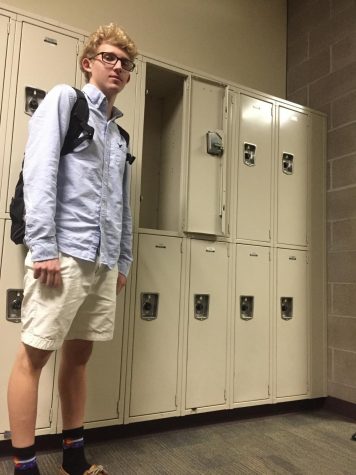Charlotte Ford
Benefits of Catholic education
“I like going to a Catholic school.”
It’s so simple, but this sentence is rarely heard around Regis hallways. Instead we hear, “I do not want to go to mass today”, “theology is so pointless” or “I wish I went to public school so I didnt have to wear these stupid polos”.
There are, however, many beneficial parts of a private, Catholic education. While private school kids constantly long for more ‘freedom’ and easier curriculum, many people in public schools envy the structure and academic support that private school kids are given.
Regis students should stop complaining about how they dislike their schools and be more grateful to receive an education that many would long to have.
One major difference between Regis and public schools is the separation of boys and girls in the classroom. Many girls feel all around more comfortable within the all-girls classroom. Like wild animals being rescued from an inhospitable habitat and placed into more caring facilities, one gender classrooms allows girls to recoup and focus more on academics. People consider not having the opposite gender in the classroom a social disadvantage, but studies have actually found that single sex schools help with comfort level and relationships between guys and girls. Linda Sax, an associate professor at UCLA, conducted a study that had female graduates of all girls’ and coed colleges rate their confidence level academically. 81% of the all girls’ school graduates rated themselves in the ‘highest 10 percent’ whereas only 75% of coed graduates rated themselves the same.
The confidence resulting from an all girls classroom can in turn give young students courage to continue their education without being bypassed by societal norms. A study from a Christian charity organization, Mission Australia, “equipped with the knowledge and skills required to overcome social and cultural gender biases and in doing so actively break the stereotypical norms that define women in society” (Dr. Nicole Archard, researcher for Mission Australia).
Another difference between Regis and public schools is how we incorporate faith into their learning. From some people’s perspective, Catholic schools try to force these ideals too strictly and convert kids who aren’t fully developed yet. But from a first hand experience of theology class, it is not an indoctrination. Shay Round, a sophomore at Regis Jesuit says “As a kid who grew up in public school, coming to Regis has led me to be more open to faith. I’ve heard similar things from friends at Mullen, all stating that this integration of faith and learning impacts students’ personal lives. Faculty at other religious schools in Colorado, including Valor, try to enforce beliefs more harshly than the relaxed environment at Regis. This is shown through their persistent masses and teachings in theology class.
The final important difference between Regis and public schools is that the sense of community and sister/brotherhood are much more apparent here. Kate Thompson, a freshman at Regis Jesuit says “From the first week at Regis I felt such a sense of community and like Regis is a family. The sisterhood that this place encourages makes it feel like home.” Regis students love how faculty and staff make everyone feel welcome. Although many public schools would say they have a strong team of counselors to support their students, the class size and amount of kids plays a big role in how much more effective Regis counselors are. A smaller class size allows for counselors to spend more one on one time with students giving them the opportunity to be truly involved in their lives.
Reflecting on my time at Regis, I have come to realize how much I have grown as a person. I owe this not only to the community created by an all girls environment but every aspect of having a Catholic education. Although it is constantly surrounded with negative connotations, attending a Catholic school can have many good implications on the social and academic lives of students.




